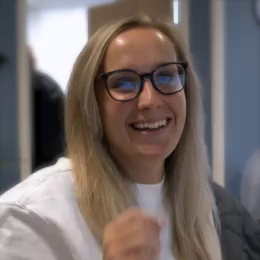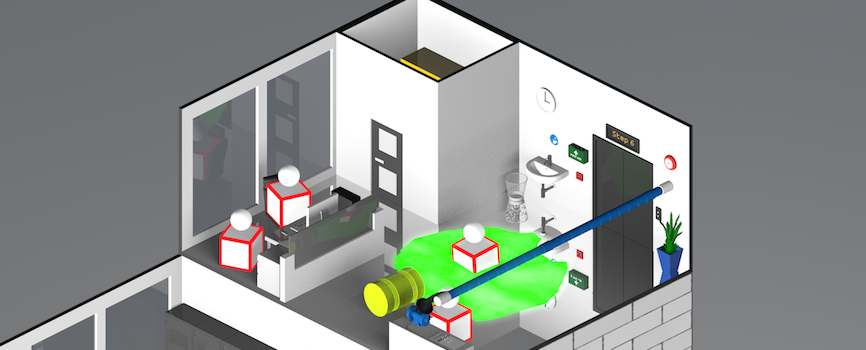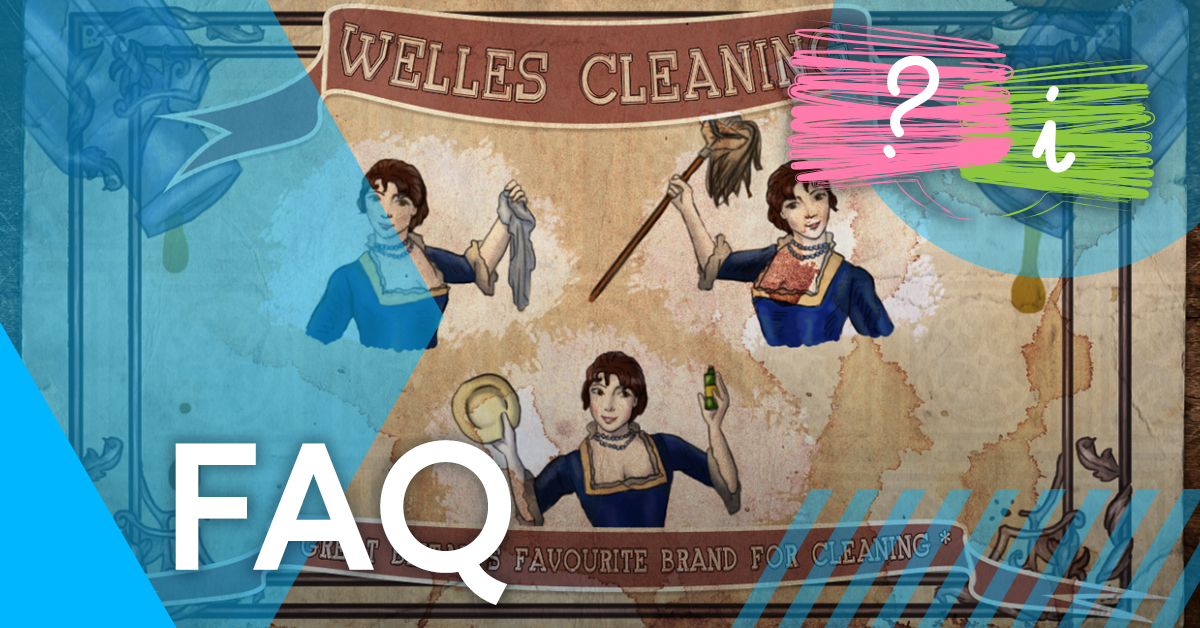Disability Awareness & Inclusion Series – Episode 4: Living with Deafness
Posted 3 years ago
During our filming for Disability Awareness & Inclusion Training, we found some time to sit down and speak with each of our actors to gain an understanding of their lives living with a disability.
In Episode 4 of our Disability Awareness & Inclusion Series, we spoke with Signkid to learn all about him and his life living with Deafness. Signkid chatted with us about his job, the barriers and challenges in the film and music industries and the need for more role models in these industries, the need for Deaf Awareness Training in workplaces and how the media should provide more subtitles and onscreen interpreters to make things more accessible.
Watch Signkid’s interview in the video below or you can keep reading our blog.
What do you do for work?
I am a writer, producer and I perform on stage.
What is the most enjoyable part of your job?
I mostly enjoy recording the sounds to my EP, album and performing on a stage in front of the big crowds at festivals.
What’s your favourite thing to do in your spare time?
My favourite thing to do is going to the gym, playing football, watching films and reading books.
Are you comfortable with the term disability or do you use another term?
I feel more comfortable with the word Deaf.
Has living with deafness taught you anything that you wouldn’t otherwise have learned?
I’ve lived and learned whilst being Deaf without any accessibility. But with access, I could learn absolutely anything.
How has living as a Deaf person affected your ability to live and work?
There are many barriers and challenges in the music and film industry because they are not open-minded. I only see about 1% or 2% of Deaf actors and musicians at the moment.
Yes, they have been breaking through the music and film industry however it’s not good enough. I want to see more. I really want to see them achieve more so Deaf children can look up to them as role models. And think “I want to be like them”, so they can become professionals themselves or do whatever they put their mind to.
What can workplaces do to make a working environment more inclusive and accessible?
The best thing a company could do if they have Deaf workers is to get in contact with an organisation to provide a BSL teacher to teach a course on Deaf Awareness. And also to teach hearing people at work how to use sign language to help Deaf people feel more a part of the workplace and society.
When there is no BSL interpreter available it helps if hearing people learn basic sign language – at least Level 1 – to communicate with Deaf people. It’s better than nothing.
Do you feel that anyone has misjudged your abilities because you are Deaf?
The music and film industry think Deaf people can’t make music – that’s not true. Those industries have never seen Deaf people work. They’re close-minded. The best way for Deaf and hearing people to work together in those industries is to offer Deaf people more opportunities and jobs because they have so much talent.
What can others do to make society more inclusive?
The media needs to provide more accessibility to include subtitles and on-screen interpreters because Deaf people don’t want to miss any information. The best way to provide more access for Deaf people is to provide them with the information they can understand – that’s very important.
What has being Deaf inspired and enabled you to do?
I don’t feel any negativity towards being Deaf. I feel more positive. Do you know why? Because the most important thing is to be healthy and happy. That’s it. Life goes on.
Being Deaf has inspired me because sign language is so visual. So when people talk bad things about you, you can’t hear what they say. So you can carry on without a care. Do what you love. Carry on no matter what and be proud of yourself.
Thank you so much for chatting with us today!
This is Signkid thank you iHasco for inviting me for an interview.
This video is part of our Disability Awareness & Inclusion Training.
If you would like to know more about what you can do to create a more inclusive and accessible workplace or simply provide your staff with more knowledge about the equal opportunities those with disabilities should be given, then get started with a free no-obligation trial today.


Ellie Johnson
Head of Production
Related articles



Opt-in to our newsletter
Receive industry news & offers